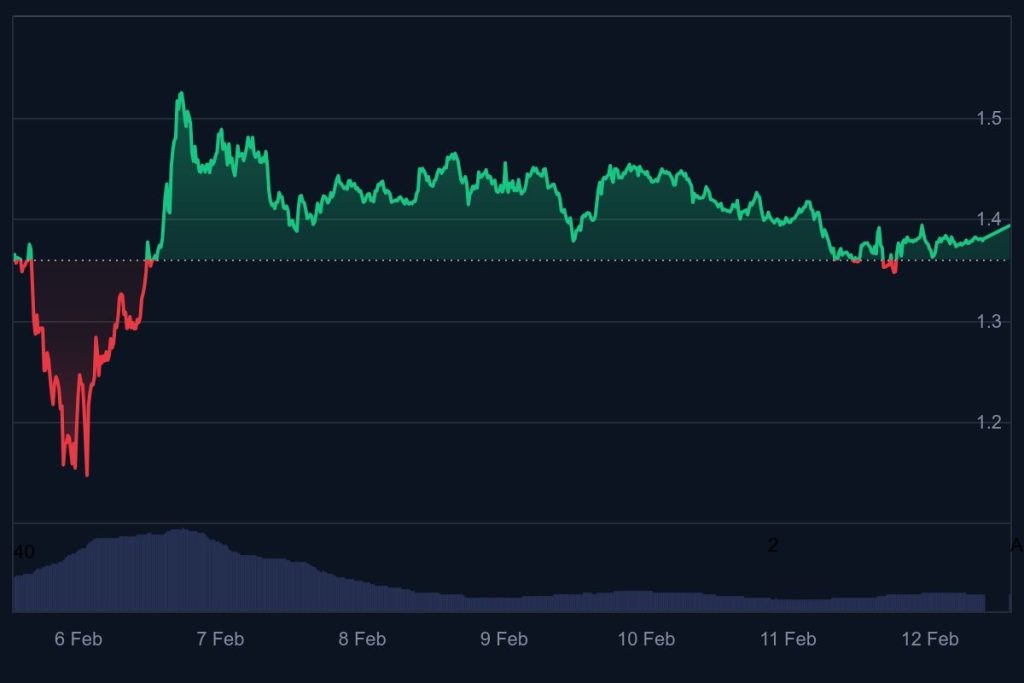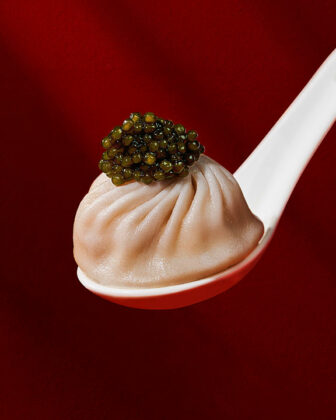Who needs birthday cake when you have a basket of dumplings?
Din Tai Fung celebrates 10 years in the Philippines
DIN TAI FUNG celebrates 10 years in the Philippines this month through a special Birthday Basket featuring mainstays and one-off dumplings through the years.
While starting out as a cooking oil shop in the 1950s in Taiwan, the brand converted into a xiaolongbao (soup dumpling) shop in the 1970s. The brand has grown considerably since: think 179 shops in 15 countries. To this day, lines snake around the original, making the decision to bring it here in 2015 by The Moment Group a feat in itself.
The Moment Group, founded in 2012, is behind homegrown brands like Manam, Ooma, 8Cuts, Mo’ Cookies, and Moment Catering. Din Tai Fung is the only foreign brand in their portfolio.
During a dinner on Nov. 18 at their branch in Uptown Parade, BusinessWorld got a taste of the Birthday Basket, which included Pork, Pork Xiaolongbao with Nomad Caviar, Chili Crab and Shrimp Xiaolongbao, Pork and Truffle Xiaolongbao, Foie Gras and Chicken Xiaolongbao, Prawn Tom Yum, Pork Kurobuta Ramen, Scallop and Prawn Laksa, Wagyu Pho, and Wagyu Mala Xiaolongbao. If you can, try to get extra helpings of the Foie Gras and Chicken dumpling — it’s one of the most perfect servings of soup you’ll ever try.
Abba Napa, Moment Group co-founder, talked to BusinessWorld about the “moment” (pun intended) they decided to bring Din Tai Fung here. She and her co-founders, Eliza Antonino and Jon Syjuco, listed down restaurant concepts from abroad that they admired and wanted to bring to the Philippines: all of their lists contained Taiwan’s Din Tai Fung. “I think it’s really a brand we respect and admire as restaurateurs. It’s already almost a century old. It has lines all over the world. It’s completely consistent, it’s commercially successful, it’s critically acclaimed.”
In the 10 years since the first Din Tai Fung opened in SM Megamall, the brand has expanded to nine branches around the country, with a 10th coming up this quarter at SM City Clark. They opened an outlet in Cebu earlier this year.
“If you look at what we do, we really like to create brands that are evergreen,” she told BusinessWorld. In a later e-mail, she said, “We’ve always been intentional about building an evergreen portfolio — concepts that feel current but remain timeless. For us, it’s never about chasing trends; it’s about creating dishes and flavors that hold their relevance and stay craveable year after year,” making this the case for Din Tai Fung.
THE MOMENT’S MOMENT
When they first opened Cue Modern Barbecue in 2012, then Manam in 2013, the Filipino dining scene was on the edge of change. Now, the Philippines has its own Michelin Guide — with the added bonus that its flagship branch, Manam at the Triangle, has been included in the Bib Gourmand selection. From standing on the edge, there’s an acknowledgment that The Moment Group’s restaurants are helping shape the current and still-evolving dining scene.
“I don’t know about that,” said Ms. Napa when this was suggested to her. “I don’t think we’ve ever looked at it that way.”
But, “I think we’ve always created restaurants thinking about the Filipino diner, wherever they are: what can we create that can make them happy today?”
Just last year, they opened a spinoff of Manam, its first abroad, through a restaurant in Singapore called hayop. It’s a little bit different, with cocktails and excellent wine, but it’s basically the same flavors. She told us that more than half of hayop’s clientele aren’t Filipino: “That was really our goal. To get foreigners to come and discover Filipino food through this restaurant.”
In November, hayop was added, along with five other restaurants, to Michelin Guide Singapore’s “Singapore selection.”
Going abroad seems to be the next step for the restaurant group: “Filipino flavors, and Filipino cuisine, is really happening,” said Ms. Napa. “We’re really very excited to bring our brand of Filipino cooking and our brand of Filipino hospitality through Manam to different countries around the world where there are large communities of Filipinos. That’s our dream, and that’s what we hope to do in the coming years.” — Joseph L. Garcia
You May Also Like

WLFI Expands Into Forex With World Swap Launch

Usdt stablecoin could challenge Bitcoin leadership

